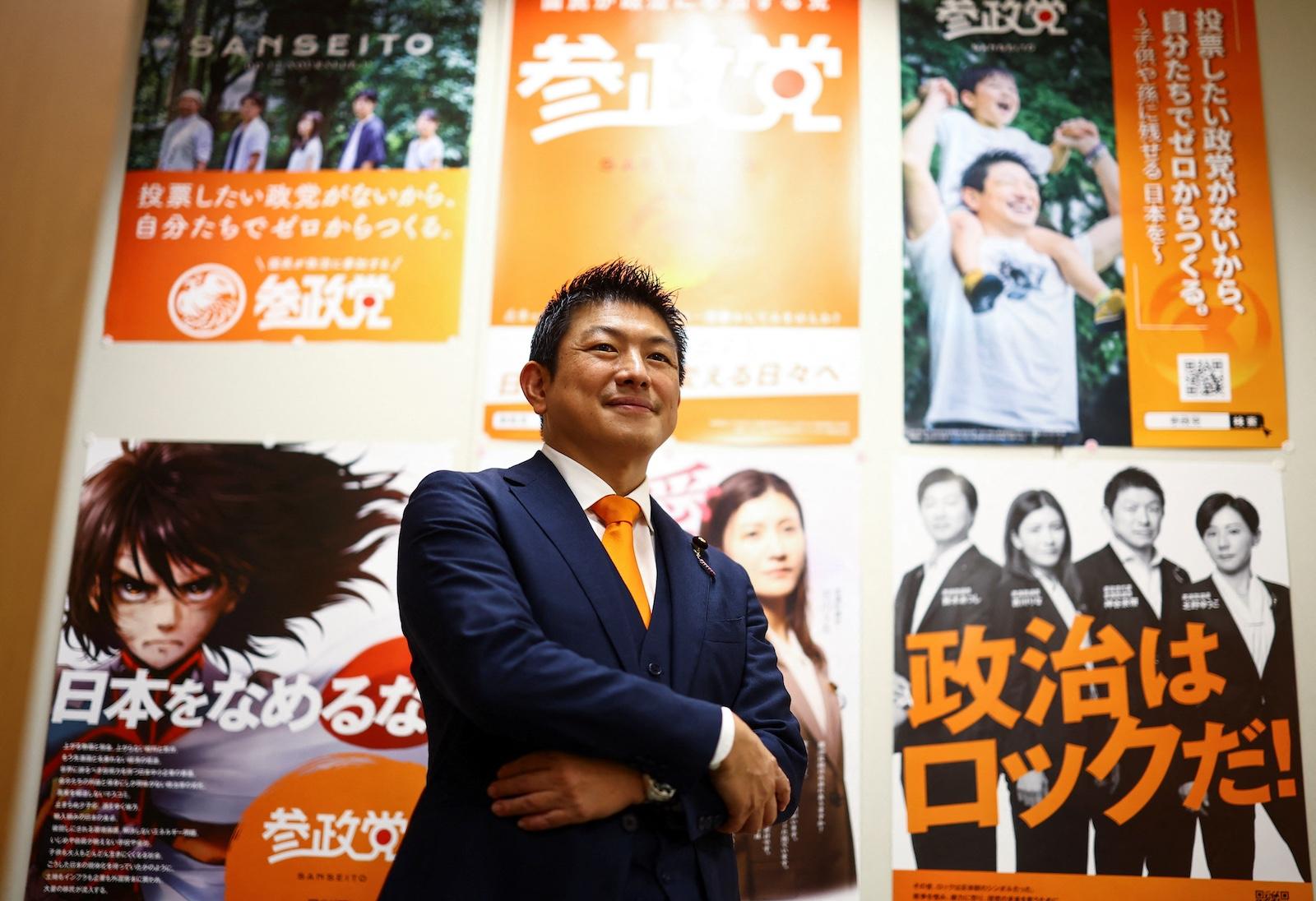By Japan Today Editor
Copyright japantoday

In August, the Ministry of Internal Affairs and Communications released the figures for the number of foreign nationals residing in Japan, which had increased year-on-year by about 10.7%, to reach approximately 3.68 million.
The main factor contributing to this rise, writes Yoshinobu Kawano in Shukan Economist (Sept 23-30) was the serious shortage of labor. But looking at posts on social networks, one sees a deluge of complaints to the effect that there are “problems occurring related to foreigners.” These include a considerable amount of hype concerning the community of several thousand ethnic Kurds from Turkey who have settled in around Kawaguchi City, Saitama Prefecture, and other topics.
A second oft-heard complaint over foreigners relates to so-called “over-tourism,” and the resulting inconveniences to local residents created by the rapid growth in visitors from overseas.
The fast-growing Sanseito Party, founded in 2020 and a recent big winner in the recent Lower House elections, has taken it upon itself to address these concerns. Sohei Kamiya, the party’s founder, remarked in a video disseminated on the party’s YouTube account, that “The number of crimes by foreigners has increased. People have accused us of engaging in discrimination by pointing this out, but it’s not discrimination.”
Kawano, however, cites figures from the 2023 White Paper on Crime, issued by the Ministry of Justice, that appear to debunk Kamiya’s claim. According to the White Paper, while the number of foreigners prosecuted under the criminal code rose from 8,702 in 2022 to 9,702 in 2023, those figures represented a considerable decline from 2005, when the number reached 14,786.
In other words, despite Japan’s foreign population having increased by 1.7-fold between 2005 and 2023, the number of foreign nationals charged with crimes declined by 34% over the same period.
“In Europe over the past 30 years, problems related to foreigners has become a hot political topic,” Professor Mitsuo Koga, a political scientist at Chuo University’s Faculty of Law, is quoted as saying. “Now in Japan as well, it’s reached the mainstream of public discourse.”
In Koga’s view, the populist parties make efforts to emphasize how they make voters feel rather than on what is actually happening.
According to Eurostat figures from the EU, data between 2015 and 2023 regarding foreign criminal suspects or suspected perpetrators in the 20 member nations showed an increase of 18%. On the other hand, the EU’s foreign population during the same period increased by 34%.
In other words, crimes by foreigners stayed well below the increase in the foreign population.
As Koga explains, “Populist parties place more importance on voters’ perceived public safety than on the number of crimes, and on voters’ visceral feelings rather than on whether the presence of foreigners has a direct impact on wages. The media reports counter-narratives based on facts, but even if what they report does reach core supporters, their cognitive frameworks are not overturned. They believe whatever is convenient for them.”
In such places as Kawaguchi City, Saitama Prefecture, Kuchan Village in Hokkaido — where foreign investments have flowing in — and Oizumi-cho in Gunma Prefecture, home to a large Brazilian community, Sanseito candidates received the largest number of votes in the recent House of Representatives election. It would seem that Sanseito’s arguments resonate most strongly among people merely living in proximity to foreigners.
On July 19, Kawano went to observe election campaign activities on the street in front of Omiya Station in Saitama, where he heard Sanseito candidate Shota Goto repeatedly harp on the term “vested interests.” For example, Goto informed his audience:
“I believe that the Japan we have today is the result of intelligent people using their information, knowledge, and strategies not for the benefit of the people, but for their own profits and vested interests.”
Such a statement, Kawano asserts, is typical of populist talking points. Sanseito also advocates halting welfare payments to foreigners, with statements like “Populist parties in Europe also point out that if the amount of budget paid out for foreigners is channeled to their own citizens, they’ll be better off financially.”
When party head Kamiya is challenged for making xenophobic statements, he’s been seen to backtrack. When reporters questioned him about the phrase “Japanese first” being discriminatory, for example, he tried to defend it as being “…a catchphrase for the campaign. Afterwards we have no intention of fostering discrimination.”
Emerging political parties that easily go back on their word also exude an air of anti-intellectualism. In Europe, the rise of populist parties combined with the decline of established parties has led to growing political instability. The rise of the Sanseito may also spell a major turning point for Japanese politics as well.
© Japan Today



